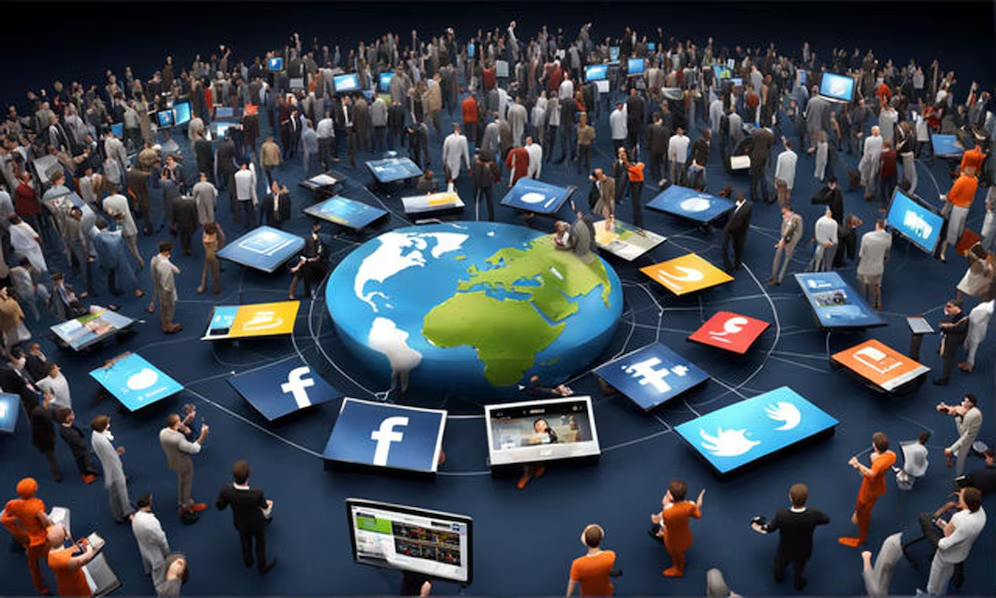In today’s digital landscape, media sharing has transformed the way we communicate, connect, and consume content. Platforms like Instagram, TikTok, YouTube, and Facebook allow users to effortlessly share photos, videos, and stories with a global audience. This phenomenon has not only revolutionized personal interactions but has also significantly impacted businesses, marketing strategies, and even social movements.
At its core, media sharing is about accessibility. Anyone with a smartphone and an internet connection can create and distribute content, leveling the playing field between professional creators and everyday users. This democratization of content creation has given rise to a new wave of influencers, each carving out their niche by sharing their unique perspectives, talents, and lifestyles. With just a few clicks, users can gain followers and build communities around shared interests, making social media a powerful tool for personal expression and connection.
The impact of media sharing extends beyond individual users. Businesses have recognized the potential of these platforms as marketing tools. Companies leverage social media to showcase products, engage with customers, and build brand loyalty. Visual content, in particular, plays a crucial role in this strategy. A well-crafted video or eye-catching image can captivate audiences, driving traffic and sales. Additionally, user-generated content—posts created by customers featuring a brand’s product—has become a valuable asset for businesses, as it provides authentic testimonials and fosters trust.
Moreover, media sharing has revolutionized how we consume news and information. Traditional media outlets now compete with social media for audience attention, leading to a shift in how news is reported and disseminated. Citizens are increasingly turning to platforms like Twitter and Facebook for real-time updates, often sharing breaking news before it reaches mainstream outlets. While this democratization of information can empower individuals, it also raises concerns about the spread of misinformation. The rapid sharing of unverified content can lead to confusion and panic, underscoring the importance of media literacy in today’s world.
In addition to personal and business communication, media sharing has become a powerful tool for social activism. Movements like #BlackLivesMatter and #MeToo gained momentum through shared posts and videos, amplifying voices that may have otherwise gone unheard. Social media has enabled activists to mobilize support, raise awareness, and organize events on a global scale. The ability to share experiences and stories has fostered empathy and understanding, bridging gaps between diverse communities.
However, with the benefits of media sharing come challenges. Issues of privacy, consent, and digital footprint are increasingly relevant. As users share personal moments online, they must navigate the fine line between openness and vulnerability. Moreover, the rise of algorithms and curated feeds can create echo chambers, limiting exposure to diverse perspectives. Users must be proactive in seeking out varied content and engaging with differing viewpoints to foster a more balanced understanding of the world.
In conclusion, media sharing has fundamentally changed how we interact with one another and with the world around us. It empowers individuals, strengthens communities, and drives social change, all while presenting new challenges that require careful navigation. As we continue to embrace this digital age, understanding the implications of media sharing will be crucial for harnessing its full potential while mitigating its risks. Whether as creators, consumers, or advocates, we all play a role in shaping the future of media sharing.





